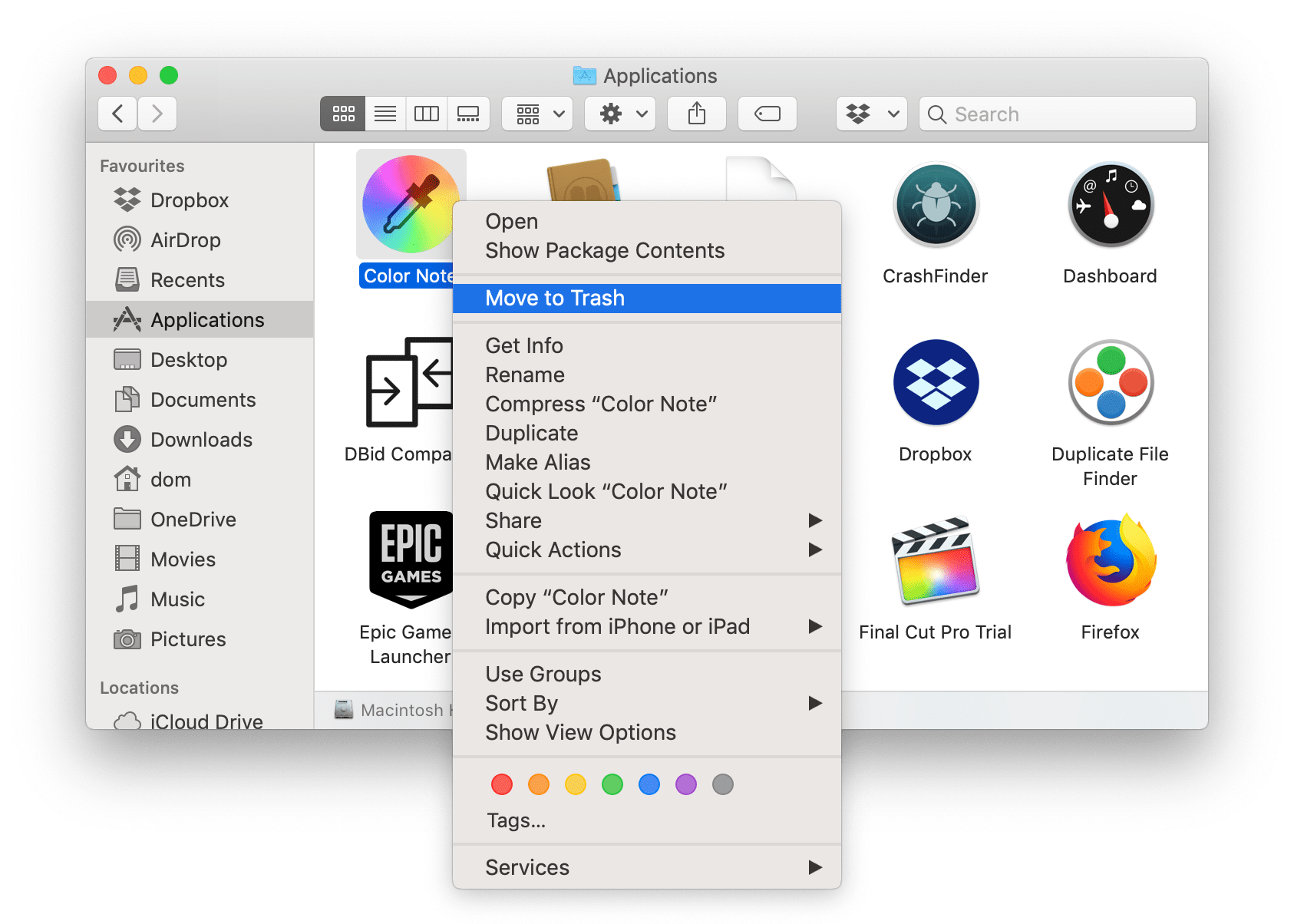

- APP UNINSTALL ANALYTICS HOW TO
- APP UNINSTALL ANALYTICS INSTALL
- APP UNINSTALL ANALYTICS DOWNLOAD
- APP UNINSTALL ANALYTICS WINDOWS
APP UNINSTALL ANALYTICS INSTALL
Install the Standalone Analytics Agent on Linux Restart the applicable application or process where you want the new environment variables to take effect. While it is not required that you restart your machine, the parent process that invokes the monitored process must be restarted. For w3wp on Windows, restart IIS by running iisreset after the changes are made to the environment variables.Set the value for the system variable to Replace with the hostname of the Analytics Agent for your environment.AppDynamics recommends a system environment variable approach as opposed to a user environment variable approach in the environment variable approach, a user must have the same permissions as the user with all the instrumented applications running.
APP UNINSTALL ANALYTICS WINDOWS
On your Windows machine, go to System Properties > Advanced system settings > Environment Variables.To specify the location of the remote Analytics Agent with an environment variable named on Windows: Enable the App Server Agent for a Remote Analytics Agent The Analytics Agent runs as a Windows service. Because the Analytics Agent is written in Java, you will run the agent in a Java Virtual Machine (JVM). exe and analytics-agent.exe files found in the /bin directory. The app server agent transmits data from the monitored application to the Analytics Agent. In this deployment, the Analytics Agent reads and transmits log data in log files from the local machine. This section assumes that you are installing the Analytics Agent on the same host as your app server agent. Open the /conf/analytics-agent.properties file with a text editor. The Analytics Agent on Windows requires double backslash for paths.ĬODE Enable Analytics Agent for a Local App Server Agent The location of this file depends on your exact deployment scenario. Modify the default configuration and set the desired values for the agent properties in the properties file. The Analytics Agent properties file determine how your Analytics Agent communicate with other components, what type of data it gathers from the monitored application, and how the components of the Application Analytics deployment and the Controller authenticate to each other. Revise the Analytics Agent Properties File Analytics Agent with JRE 1.8 for both 32-bit and 64-bit Windows machines.The AppDynamics Downloads Portal provides the following distribution archives: Install the Standalone Analytics Agent on WindowsĪs described in Analytics Deployment Options, the Analytics Agent can run on the same host or on a different host from the app server agent, depending on your use case. To access Analytics and collect transaction data from an application, you must deploy a supported app server agent version in all environments, such as the Node.js Agent or the PHP Agent. If you already use AppDynamics APM, agents may already be installed in your environment. See Revise the Analytics Agent Properties File for agent-specific configuration and Event Service Deployment for the Event Service. Obtain a separate Application Analytics license.To enable the endpoint, start the Analytics Agent with the property ad.=true in agent.properties file. In the Analytics Agent version >=21.7 the debug/grok endpoint is disabled by default.
APP UNINSTALL ANALYTICS DOWNLOAD
You need to download and enable the desired bundle using a method of your choice. The Analytics Agent collects and sends data from the AppDynamics App Agent and log files to the Events Service. The Analytics Agent is not enabled by default. Review the deployment options, agent-side component architecture, and components you will need to install in Deploy Analytics With the Analytics Agent. See Deploy Analytics Without the Analytics Agent for more information. NET Agent (20.10 and later), you do not need to install the standalone Analytics Agent or Machine Agent extension for Transaction Analytics data collection. If your app server agent supports Agentless Analytics, such as the Java Agent (21.2 and later) and. The agents are distributed as system-based operations or standalone bundles in the AppDynamics Downloads Portal. In most Application Analytics deployment scenarios, you must enable the Analytics Agent-side components.
APP UNINSTALL ANALYTICS HOW TO
This page provides an overview of how to configure Application Analytics components to collect business transaction data.


 0 kommentar(er)
0 kommentar(er)
